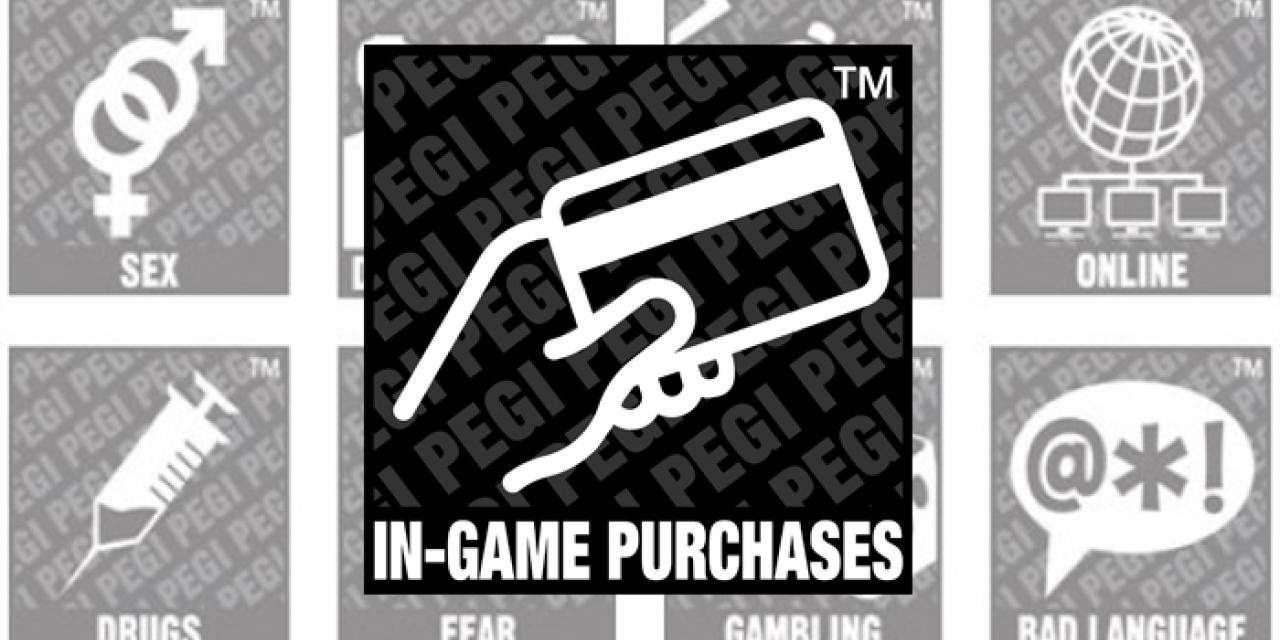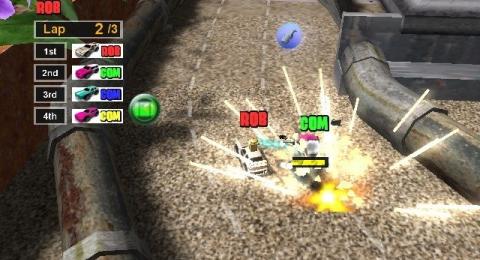
The Pan European Game Information ratings system that warns parents and concerned gamers about the content of games -- including the likes of drug use, bad language, violence, fear, gambling -- is going to introduce a new warning label to its extensive list. It's set to be based around in-game purchases and microtransactions, therefore letting potential buyers know that the game will try to garner more money from them in the long run.
"In-game purchases" is already one of the descriptors used by PEGI for download-only games, but it's now being brought over to physical releases," said PEGI boss Simon Little (via Eurogamer).
"Considering that physical releases are an important part of the market, this was an important gap to fill."
This warning label comes in the aftermath of some of the most egregious microtransaction offenders ever. Star Wars: Battlefront II was effectively built around the idea of a pay to win shooter scenario with all sorts of deliberately confusing and grinding elements to encourage you to just pay for the damn thing to get the better weapon or character. Other games have also been called out for this practice and it's lead some, like the aforementioned Star Wars, to change their tune after fan backlash.
Often though, parents can be out of the loop with how dangerous such in-game mechanics are. PEGI is hoping to warn them about that in the future.
"For a parent who may not be fully familiar with the video games landscape, seeing this simple descriptor on the packaging of a game they consider buying should trigger the reflex of keeping an eye on the gameplay, once the game has been purchased and given to the child," Little continued. "It's basic information, but that's what parents sometimes feel they are lacking."








